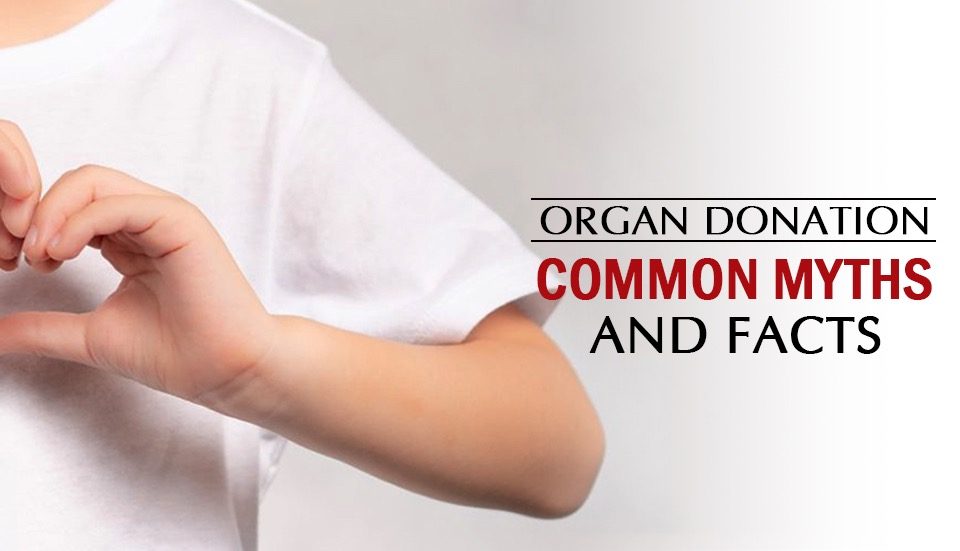Organ donation around the globe has been associated with various myths and misconceptions but the global donation rate is comparatively much higher than India. Myths and the firm beliefs for holding on to them come with half knowledge and ignorance. For enrolling more involvement in the process of organ donation it is important to enlighten the masses and propagate the truth.
Here are some common myths and sequential facts that exist revolving the concept of organ donation in India:
Myth: Recovering from brain death is possible
Fact: It is not possible to recover from the brain death as there is no activity left in the brain
Myth: If I donate organs, I will be born without them in my next birth
Fact: Organs and the body are cremated or buried upon death, they are going to be either converted to ashes or bio-degrade into the soil. So, there is no relevance of this debate
Myth: Once I become an organ donor, I can’t change my mind
Fact: There is always an option of opting-out whenever a person wants to
Myth: Doctors can declare brain death prematurely in want of the organs
Fact: The process of organ donation is regulated by stringent laws, under which it is mandatory and liable to punishment if offended for the team of doctors to certify a person brain-dead before proceeding to the steps of organ donation
Myth: Organs can be donated after death
Fact: Non-pumping heart renders the organs non-viable. From a non-beating heart donor only eyes can be harvested. Organs are only taken from brain-dead donors whose organs are kept viable by a blood-pumping heart on ventilator
Myth: Donor’s family is charged for the organ donation
Fact: Recipient’s family bears total cost of the process
Myth: Old people cannot donate organs
Fact: There is no age bar on organ donation. There have been successful organ donations from donors above 70 years of age as well. However, it is the medical authorities who decide and rule out the conditions and health of organs in such donors
Myth: Having a donor card makes me an organ donor
Fact: Post brain-death, it is not just the donor card that makes a potential-donor eligible for donation, it is upon the consent of donor’s family the final call is taken
The views and opinions expressed, and assumptions & analysis presented in this content piece are those of the author(s) and do not necessarily reflect the official policy or position of any other agency, organization, employer or company. The information, including but not limited to, text, graphics, images and other material contained on this website are for informational purposes only. The purpose of this website is to promote broad consumer understanding and knowledge of various health topics. It is not intended to be a substitute for professional medical advice, diagnosis or treatment. Always seek the advice of your physician or other qualified health care provider with any questions you may have regarding a medical condition or treatment and before undertaking a new health care regimen, and never disregard professional medical advice or delay in seeking it because of something you have read on this website




